Vinicio Capossela at the Barbican: Italian poetry from the belly of the whale
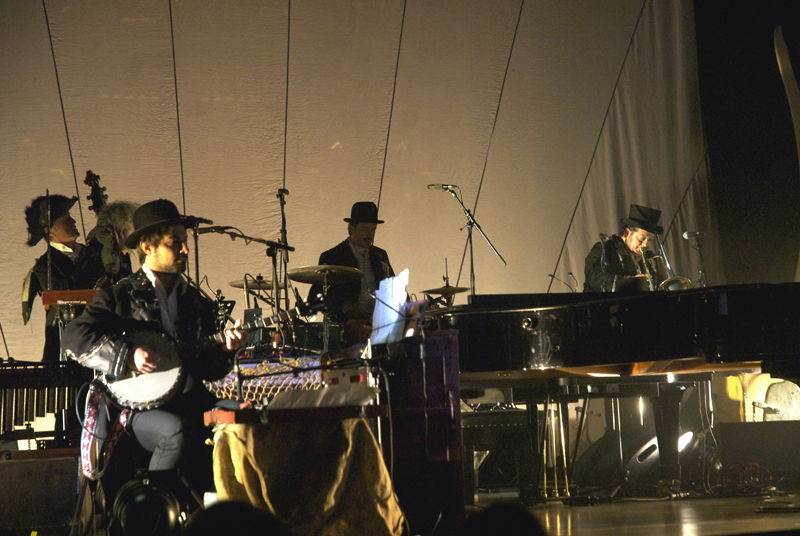
The traditional Italian folklore of storytelling has landed in the UK: the pluri-musician Capossela and his crew, comprised of sailors, prophets and “whales”. Making his way outside his country of origin, Capossela comes to London to present his thirteenth and last album, Marinai, Profeti e Balene (2011), where myths and rituals give voice to the deepest emotions of the human being.
Sirens are the metaphors of our inside voice (Le Sirene) which we constantly avoid listening to; the multiple arms of the octopus are paradoxically useless on a body not driven by love (Polpo d’Amor) and mythological characters, such as Goliath and Ulysses, are spread on the vast territory of ancient literature. A fantasy driven by ancient historical references, dreams and a sophisticated, rather than ordinary, music taste becomes the framework of the artist’s last work of art; the creation of a folkloristic but quite philosophical, mind-narrowing record has nothing on his previous collection of brilliant music and lyrical compositions.
Supported by his Italian followers, the musician handles a two-hour live show, where his live performance is inaugurated by flamboyant costumes, peculiar hats and puppets on the stage. His deep, theatrical voice is complemented by a hilarious scenic presence; emotionally touching and ironic, Capossela has the ingredients to make the quirky atmosphere welcoming and homely – and not only for the numerous Italians at the venue.
Captain Capossela heads his crew through a fantastic introspective journey, physically (being set in the belly of the whale) and spiritually, culminating in an epic catharsis. Il Grande Leviatano, Billy Bud, Le Pleiadi and Fuochi Fatui are only a few of the intense 15 tracks performed within the two hours.
The second part of the show is dedicated to memory and to the old cultural and musical patrimony of the artist, dear to the majority of his followers. It’s time to perform L’Uomo Vivo, the hymn to joy, and for the entire hall to respond with an explosion of folkloristic dances, lead by the charismatic actor on stage; Che Coss’è l’Amor and Il Ballo di San Vito, two of his most famous tunes, are the climax of the live show, blurring any remaining barrier between the performer and the audience.
Satirical and critical of society, life, capitalism and our perpetual individualism, Capossela has been described as a gift to humanity, to music and to the art of storytelling. Beloved by the Italian contemporary music scene because of his tendency to perpetuate a “niche” music genre and to capture only the most exacting crowd, the artist is willing to initiate his followers in the stories of sailors, prophets and whales.
Giulia Frigieri
Photos: Giulia Frigieri


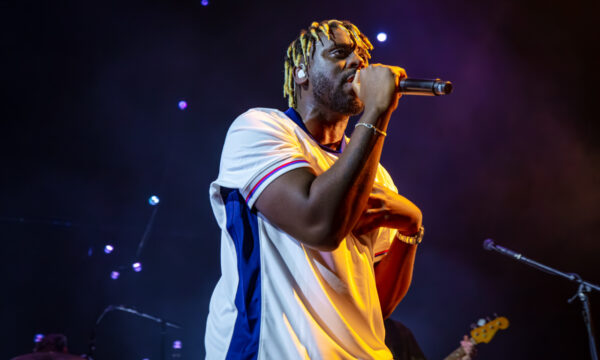
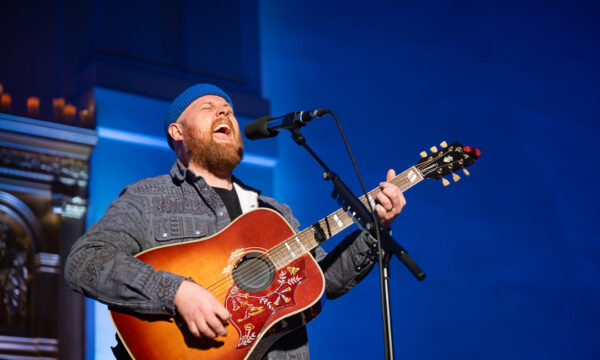
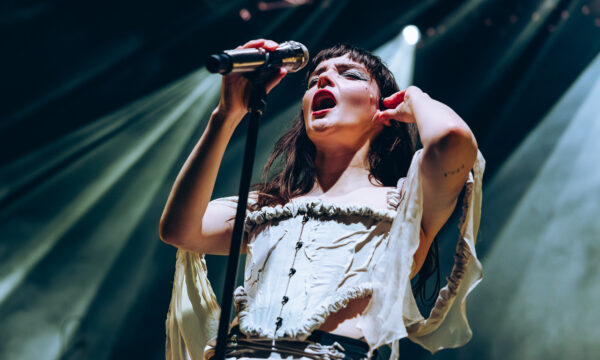
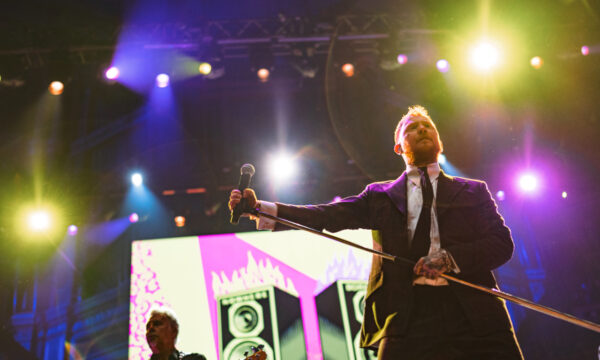
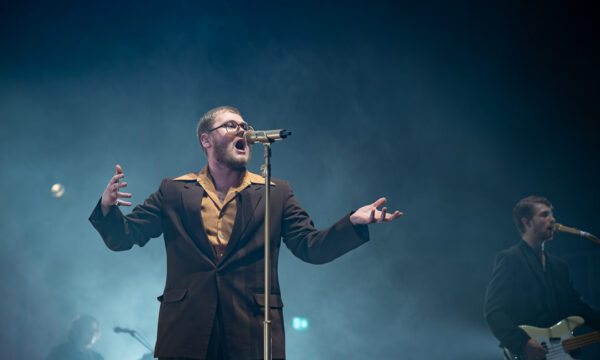
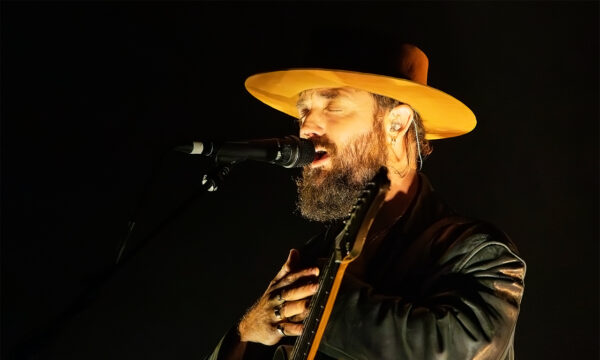
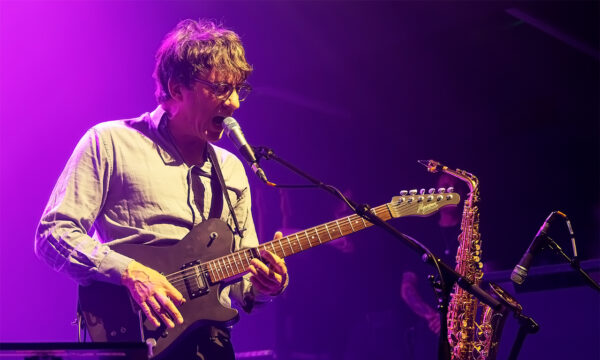
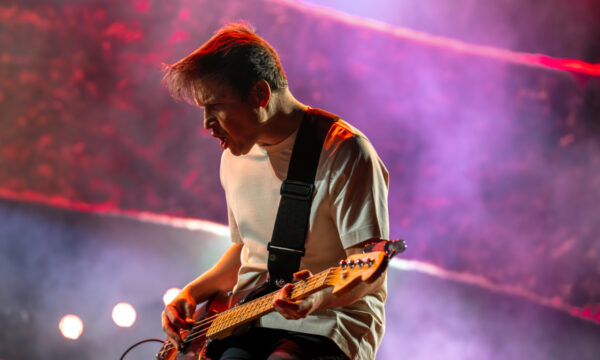








Facebook
Twitter
Instagram
YouTube
RSS